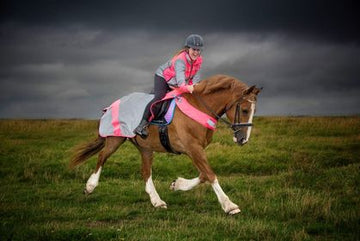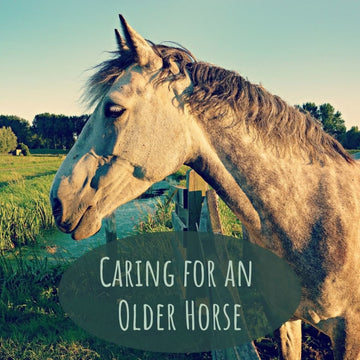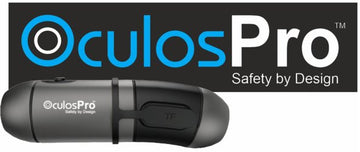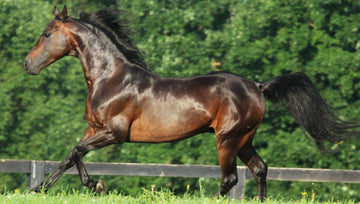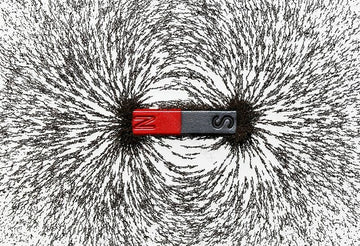Adjusting workload and management routine to suit an older horse, why loose droppings could be a warning sign of poor dentition and knowing when it’s time to do less with a golden oldie.
Vet Alistair Love RCVS, a recognised advanced practitioner in equine practise who is based at Clevedale Vets Equine in North Yorkshire, shares the latest medical advice for owners and riders of veteran equines.
Loosening up
Problem: An older horse is beginning to get very loose, watery droppings. Why could this be happening? Should any changes be made to his management?
Alistair says… Dental disease is very common in older horses and poor dentition can mean that long fibre isn’t properly chewed. This can lead to excess water in the faeces, which is seen most commonly as a squirt of water at the end of defecation. Increasing the frequency of dental checks in your older horse is therefore a good place to start.
Not normal
If he has poor teeth, then the diet can be modified to help. Otherwise, I wouldn’t necessarily consider very loose, watery droppings to be a normal finding in an older horse, and there are many potential problems that could cause a change in faecal consistency. Having a thorough clinical examination performed by your vet, and checking a blood and faecal sample, would be a very sensible next step to rule out underlying health conditions before making any management changes. This may also help to guide you on exactly what management changes are right for your horse.
The right thing
Problem: How do you know when it’s time to ease off riding for an older horse?
Alistair says… For horses that enjoy their work, continuing it can be a massive benefit. Keeping horses in ridden work can help reduce muscle atrophy, keep their joints mobile and help to manage their weight. If your horse is still loving his work and managing it without any obvious problems, then he’s probably fine to continue this level of work.
Listen to him
However, it is vitally important to listen to your horse and monitor his behaviour to make sure you’re getting the level of exercise right. If you want to ensure you’re not asking your horse to do exercise which is too much or that could be painful for them, consider having a vet examine him every six to 12 months to check for lameness or other conditions that may impair his ability to exercise under saddle.
Adjusting to the later years
Problems: What do owners need to be aware of when it comes to looking after veteran horses? What changes, and how should owners accommodate these changes?
Alistair says… One of the most important things is to maintain the level of care your horse receives and not to reduce it just because the horse is older. Just like in older people, older horses are more at risk of a large range of conditions, so being proactive is incredibly important.
Their exact needs will differ from one horse to another but, generally, the following would be good advice:
- Increase the frequency of dental appointments to every three to six months as dictated by your vet or registered equine dental technician. Dental disease is more common in older horses and problems can arise quickly.
- Blood test for Cushing’s and other diseases once yearly (six monthly if you have concerns). Cushing’s disease affects approximately 20% of horses over the age of 15. It causes a range of symptoms and increases the risk of laminitis.
- Also ensure a yearly examination from your vet to help detect signs of pain, discomfort or other diseases associated with older age, such as heart conditions, ocular problems, arthritis or tumours.
- Make sure veteran horses are vaccinated for influenza and tetanus, as elderly horses are more at risk of serious complications from these diseases.
- Supplements may help if your horse has a clinical condition which would benefit from them, though the evidence for using them as a preventative measure is limited.
- Some older horses with poor dentition may benefit from a higher-calorie feed, from which the energy is released slowly. There are some excellent veteran feeds with low starch and higher oil levels, which are widely available from most manufacturers. There are also hayreplacement mashes for horses with very poor teeth.
- Ensure regular six-weekly farriery is maintained.
- Consider increasing the frequency of faecal egg counts and tapeworm testing, as older horses are more prone to high worm burdens.
- Watch closely for signs of itching from mites and lice — older horses are much more susceptible to ectoparasites, which live on the outside of their hosts.
- Older horses with normal body condition can be rugged as normal. Thin horses will need to be monitored and may need warmer rugs in colder weather.
WRITTEN BY YOUR HORSE MAGAZINE.

